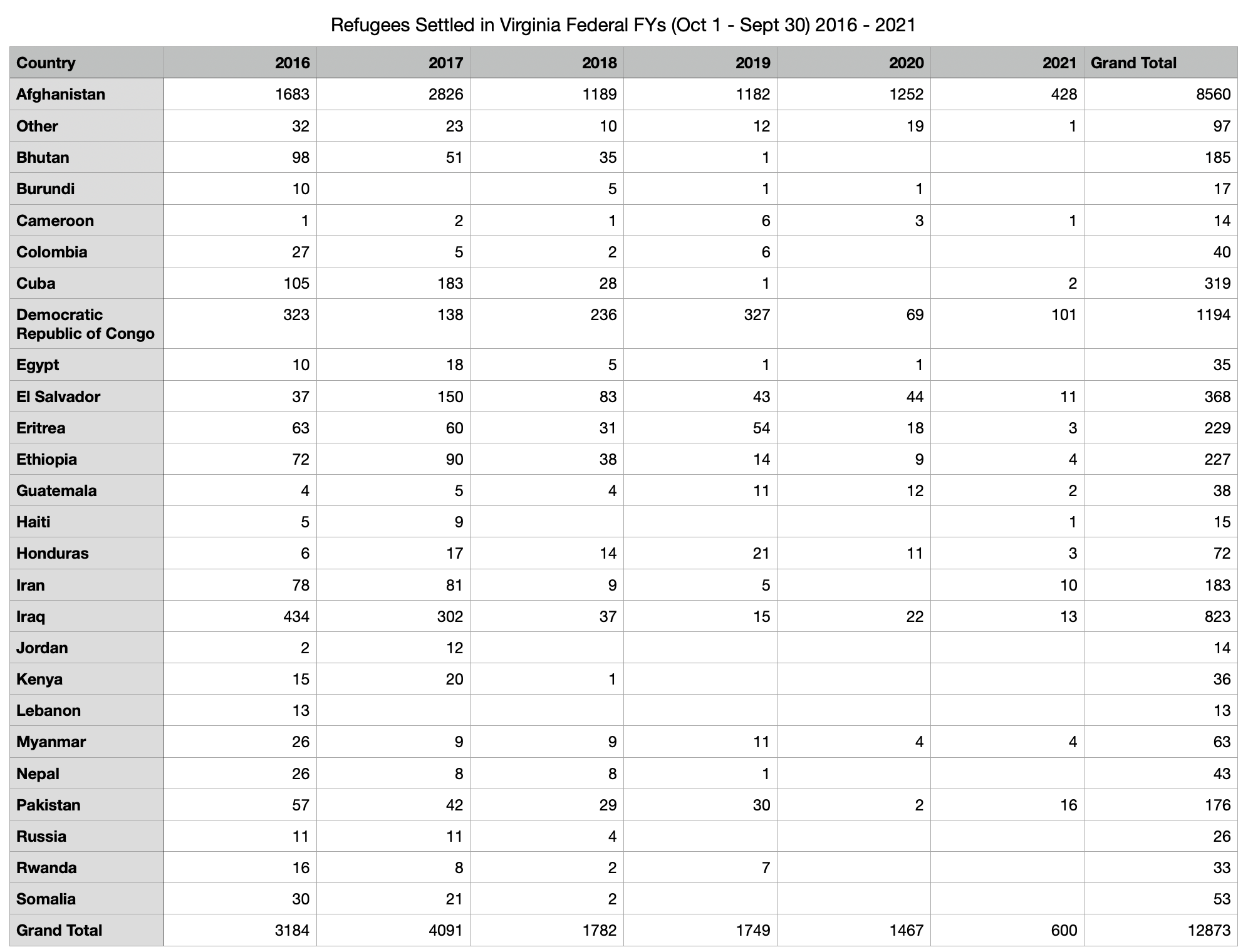
Difficult, common experiences
One of the most frequently mentioned struggles for trans and gender-nonconforming travelers in particular is getting through TSA checkpoints, and earlier this year the TSA announced a major shift in policy and technology.
“Before I had top surgery, I always got flagged by the TSA body scanners,” said Kam Burns, an editor and founder of the Trans Journalists Association. “Even before I was out as trans, I would get pulled aside frequently.”
Nearly all transgender travelers have similar experiences. For years, TSA scanners have operated assuming strictly binary gender passengers and were often calibrated based on a cursory glance. Embarrassing questions and sometimes traumatic physical exams were routine aspects of the airline boarding process — I can’t count how many times I have had to explicitly describe my genitalia to a TSA agent in an effort to explain an “anomaly” detected by a scanner.
This could finally change, however, as the TSA rolls out new policies and technology: “When travelers appear at the travel document-checker podium for identity verification, gender information is [now] irrelevant,” said a March press release from the agency. It is also working on creating a “gender-neutral algorithm” for scanning software and is rolling out “less-invasive screening procedures.”
If implemented as promised, these could be transformative improvements for transgender travelers especially. Once the transportation portion of a trip is completed, however, LGBTQ+ travelers often must engage with the hospitality industry at our destinations.
Our community has long felt as if we’re on our own when handling issues related to safety that may arise, especially when it comes to problems with other travelers we encounter. Finding an accommodation with an explicit commitment to LGBTQ+ inclusion and safety is ideal, but it isn’t always possible. Still, some hospitality companies are doing what they can.
Major hotel chains have made important strides. “Marriott has focused on internal education,” said Apoorva Gandhi, senior vice president multicultural affairs, social impact and business councils at Marriott International. Guests can expect well-trained staff, including when it comes to public restroom and spa usage.
Delta Airlines, a longtime supporter of the LGBTQ+ community and winner of the “best airline” award in the 2021 Gay Travel Awards, recently joined United and American Airlines by closing a gap in service: Travelers can now select “X” as their gender marker, as an alternative to “M” or “F,” when booking a flight. This comes after years of internal education and training as well as external communications, like an in-flight safety video featuring the “Queer Eye” cast and speaking out publicly against anti-LGBTQ+ bills moving through Congress.
Both Marriott and Delta also signed on to support the 2021 Equality Act.
The training efforts don’t go unnoticed. “I deeply appreciate when staff have clearly been trained on working with LGBTQ+ inclusivity and cultural competency,” said KaeLyn Rich, a nonprofit leader. “Small things, like not assuming gender and pronouns during check-in and using gender-inclusive language, they’re always appreciated.” Seemingly small microaggressions like misgendering can be piercing, especially when a traveler is already stressed by the struggle of long-distance drives or going through airports.
“Small things, like not assuming gender and pronouns during check-in and using gender-inclusive language, they’re always appreciated.”
Airbnb has long been a leader in pursuing LGBTQ+ traveler safety. “We have zero tolerance for discrimination,” said Laura Rillos, an Airbnb spokesperson. All hosts and guests are required to agree to Airbnb’s Community Commitment, which explicitly requires agreement not to discriminate. “More than 1.4 million people have been removed from or denied access to our platform for declining,” she said.
“When Airbnb hosts make it explicit in their listings that they’re LGBTQ+ friendly, that’s super-helpful for booking,” Burns said. “It usually makes me feel much safer.”
What if discrimination happens regardless? Airbnb will warn, suspend or even remove the offender from the platform and immediately help affected travelers book an alternate listing. The company recently launched a 24-hour Safety Line, meaning that rebooking assistance is always accessible.
Intentional internal education efforts can transform the travel experience for our community, but efforts to increase access to travel for LGBTQ+ communities can also have much larger external cultural impacts.
Gregg Kaminsky of R Family Vacations knows how powerful getting groups of LGBTQ+ travelers together can be. He’s been creating inclusive travel and tour experiences for LGBTQ+ travelers as well as their friends and family for nearly 20 years. “One thing that makes traveling with us a little safer is safety in numbers,” Kaminsky said.
Being around a large group of affirming and supportive people creates an unparalleled sense of security. But it also has a positive impact on the places groups visit.
“I have this belief: money talks. And we’re an extremely powerful travel segment as far as the number of dollars that we spend.”
“I have this belief: money talks. And we’re an extremely powerful travel segment as far as the number of dollars that we spend,” he said. A recent example: A cruise line Kaminsky was negotiating with had a restrictive dress code policy. When he objected, they changed it. This has a lasting impact for everyone who uses that cruise line in the future, not just LGBTQ+ travelers.
“Whether they see the financial opportunity or they are really more welcoming,” Kaminsky mused, didn’t matter too much. “The travel world is changing in a good way.”








